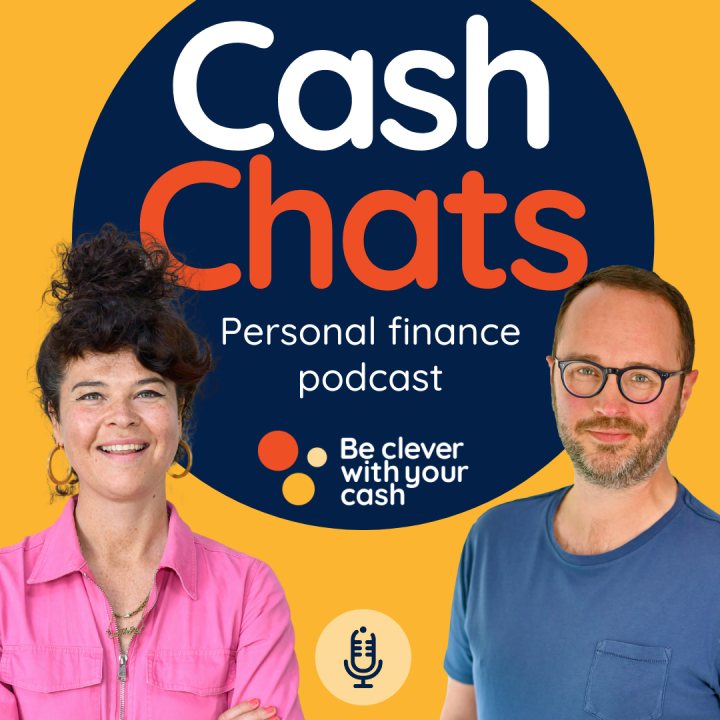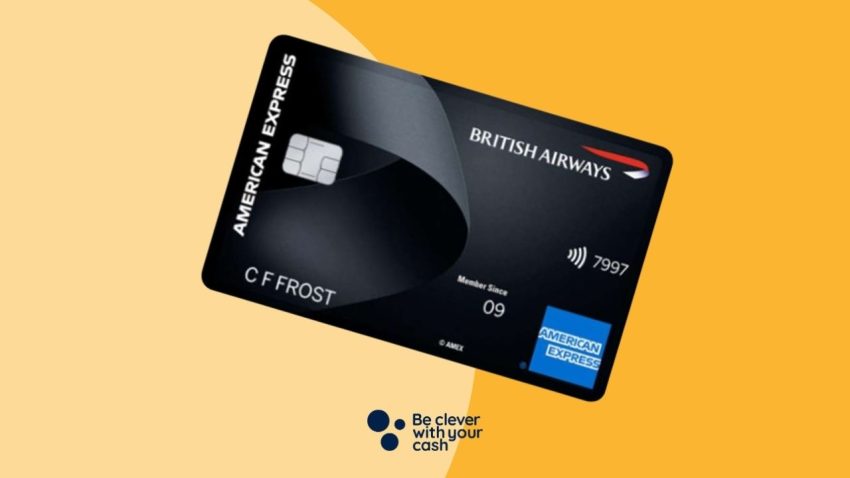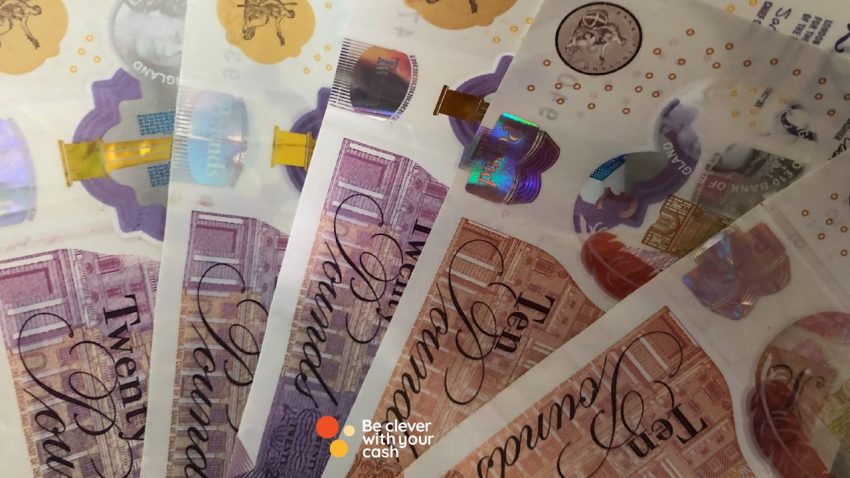We separate fact from fiction with the rules for tax on side hustles
If you sell your old clothes on Vinted or eBay, rent out your driveway or a spare room, or get paid for dog walking or cat sitting, you might be a little spooked by your chosen providers now reporting your earnings to HMRC, which came in at the start of January 2024.
Is this something you need to worry about? We’ve divided fact from fiction when it comes to earning money with digital platforms.
Some articles on the site contain affiliate links, which provide a small commission to help fund our work. However, they won’t affect the price you pay or our editorial independence. Read more here.
Fiction: The government have introduced a new tax for side-hustles
The important fact to stress is that there isn’t any kind of “new” tax on side hustles. The tax hasn’t changed at all — that means you can still earn up to £1,000 in a side-hustle tax-free without having to let HMRC know, thanks to a “trading allowance”.
Once you earn more than £1,000 in a tax year, you need to let HMRC know and file a self-assessment tax return. You might not have to pay tax if your expenses, including platform fees, mean that your profit remains under £1,000.
Fact: There are new rules for reporting data
As of 31 January 2025, digital platforms that allow people to make a little extra money on the side are required to report information to HMRC. A lot of these platforms started doing this in 2024.
Previously, HMRC could ask for this information from UK-based apps when it needed it. It’s now signed up for something called the Organisation for Economic Co-operation and Development (OECD) rules, which allows it to get the data from overseas-based companies and automates the process.
This is designed to clamp down on tax-dodgers, those earning a great deal of money in profit without paying tax. It’s not intended to force you to pay tax when you sell unwanted clothes in your wardrobe. A lot of users of these sites think that there’s a new tax on side hustles.
Again, this is the only thing that’s changed – there isn’t a new tax or an intention to tax those earning within the trading allowance.
Because HMRC will have more information on what you could be earning, you’ll need to make sure you know the rules and that you’re on top of any tax you might need to pay, otherwise you could be in for a nasty shock down the line.

What are classed as digital platforms?
In this case, a digital platform is an app or website that connects you to buyers of your items or services, allowing you to make money – this includes Vinted, Amazon, Etsy, eBay, Uber and Airbnb.
 Featured switching deal
Featured switching deal
 Customer rating
3.8/5
Customer rating
3.8/5
- Switch bonus£200
- Offer endsUnknown
- Extra bonus£25 Amazon Gift Card
- FSCS Protected? Yes
- Switch bonus requirements Switch using the Current Account Switch Service and close your old account within 60 days of starting the switch
- Deposit requirements Deposit £1,500 in the first 60 days from opening the account
- Direct debits transferred over Set up two Direct Debits before or after the switch from a selected list of household bills
- Existing customers? Can't have held any Santander current account on 1 January 2025
- Restrictions Can't have received a switching bonus from Santander already, offer limited to once per person
- Eligible accounts Open a new or hold an existing Everyday, Edge, Edge Up or Edge Explorer current account
- £25 Amazon Gift Card requirements To qualify for the gift card, you need to complete a full switch using CASS, and make five debit card transactions within 30 days of opening the account
Get the best of our money saving content every week, straight to your inbox
Plus, new Quidco customers get a high paying £18 welcome offer

Fiction: Your data is going to be automatically reported to HMRC
Not necessarily. There’s a €2,000 or 30 item threshold for selling items online. If you sell less than this, HMRC won’t be notified.
If you provide a service, like food delivery or childcare, then it’ll be reported regardless.
Fact: You can earn up to £1,000 without reporting to HMRC
As we mentioned before, you can earn up to £1,000 in a tax year (April 6 to April 5) without having to declare anything to HMRC.
This is in total, not per side hustle. So if you’re working full time, delivering with Uber and selling handmade goods on Etsy then whatever you make on Etsy and Uber needs to be less than £1,000 combined to be under the trading allowance.
In addition, if any of the digital platforms you use charge a fee on your earnings, this doesn’t come off your earnings – it’s what your customers are charged, not what you see in your bank account.
If earnings are under £1,000, then you don’t need to register for self-assessment or report your income, but it’s worth keeping records of your sales in case HMRC wants to see them.
Our podcast
Listen to Cash Chats, our award-winning podcast, presented by Editor-at-Large Andy Webb and Deputy Editor Amelia Murray.
Episodes every Thursday.

Fiction: If I sell my old possessions, I’ll have to pay tax
Lots of people sell on Vinted and eBay and earn a little extra cash on the side, but remember that you’re probably not making any kind of profit. If you clear out your wardrobe and sell some items that you don’t wear anymore, you’re unlikely to sell them for more than you bought them for. So even if you manage to sell more than £1,000 worth in a year, you’ve likely still made a loss.
Now, if you bought items specifically to sell them on for a profit, you’re considered to be trading – more on this below.
Fact: You only have to pay tax if you’re “trading” or making a profit
The key word is “trading”. If you’re aiming to make a profit, then you’re likely to be trading and may need to pay tax. HMRC has a handy tool you can use to work out whether you need to pay tax on what you earn.
Selling old clothes and possessions isn’t trading, but buying items with the intention to sell them on for a profit is trading.
If you sell something for a profit of more than £6,000, such as jewellery or art, then you may have to pay capital gains tax on the item – this is completely separate to income tax.
Fiction: If I make something to sell it doesn’t count
If you like to sew children’s clothes, hand make pottery or bake cupcakes to sell on, then you might be wondering if this counts as trading. If your hobby is making you money, you might need to be paying tax on it. You still get the £1,000 trading allowance as above, though, so you can make a little extra cash tax-free.
Do I need to worry about the new side hustle tax rules?
The new reporting rules for digital platforms have confused a lot of people, whether they have a side hustle or just sell unwanted items. It’s potentially rubbed people up the wrong way, with the opinion that HMRC is putting an extra tax on low earners trying to make a little extra money. This isn’t the case, with the actual tax being exactly the same as before.
However, there is a bit of concern about sellers who do owe tax, getting it wrong in their tax returns, because of the confusing timelines. Selling sites, like eBay, Vinted and Airbnb have until the end of January to report how much money some users made last year, which may result in some sellers paying more tax. But, because the UK tax year runs over a different period – April 6 to April 5 – it could end up confusing people as to how much tax they actually owe.
If you use any digital platforms to sell goods or a service, you should ensure that it’s not considered to be trading and, if it is, that you’re earning less than £1,000 per year from it. If you do think you might need to file a tax return, the deadline is 31 January for the tax year up until April 5 of the previous year.






Can you offset your Ebay sales totals any expenses – eg fees, postage, packaging, printer ink etc?
I am wondering if you sell via various places eg Vinted and Ebay – personal items and not for profit and exceed the amount whereby HMRC are notified
Plus also have savings interest that exceed the PSA – the £1k savings interest (because of the savings rates increase)
(And ironically some of your savings are from your online sales!)
Plus you have a small amount of income eg state pension or a part time job – neither taxable at source and in total from all of your source of income much below the personal allowance
So HMRC are going to require the many people in this situation with multiple small amounts of income to register and complete self assessments even though there will be no liability for tax
Good luck to them finding the Amazon and supermarket gift cards they pay out in then.
Do the same rules apply to survey, receipt scanning and research sites such as Amazon shopper panel, Media Probe, Opinium Research etc?
You have to report any activity that makes you a profit over £1,000. That’s pretty clear.
It’s not £1000 profit, it’s revenue before any deductions